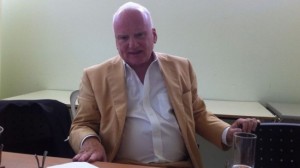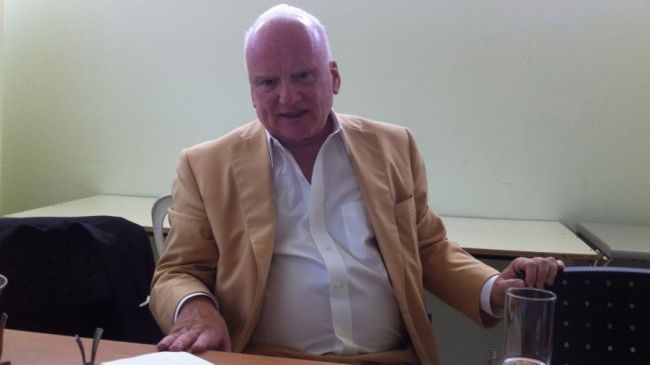 A former head of counterterrorism at the White House says Iran�s nuclear energy program is immune to any cyber attack, also warning against any military strike against the country as �apocalyptic.�
A former head of counterterrorism at the White House says Iran�s nuclear energy program is immune to any cyber attack, also warning against any military strike against the country as �apocalyptic.�In an interview with the Times of Israel, Richard Clarke - the top counterterrorism advisor to Presidents Bill Clinton and George W. Bush - ruled out the efficacy of a cyber means to stop Iran�s nuclear activities, especially after the failure of the US- and Israeli-developed Stuxnet computer virus against Iran�s nuclear energy facilities.
�Well, I think we�ve kind of tried that. And by trying Stuxnet when we did and being discovered, I think it�s going to be very difficult to do something like that again. The Iranians are now much more careful, much more observant,� said Clarke.
On June 1, 2012,�The New York Times�revealed that Stuxnet was part of a wave of sophisticated digital attacks codenamed �Olympic Games,� which US President Barack Obama had ordered against the computer systems that run Iran�s main nuclear enrichment facilities.
The paper also confirmed that the Stuxnet virus was created with the help of a secret Israeli intelligence unit.
Iranian experts, however, detected the worm in time, averting any damage to the country's industrial sites and resources.
Clarke also warned against the �apocalyptic� consequences of a military intervention in Iran, saying that any such measure would involve not only Israel but also the entire region and the United States.
�I think the Iranian government won�t take it lying down,� Clarke said, adding, �And that could be very, very messy. It could have worldwide economic effects. And I don�t know how it ends.�
Washington and Tel Aviv have repeatedly threatened Tehran with a military strike to force it to halt its nuclear energy program, accusing Tehran of pursuing military objectives in its nuclear activities.
Tehran, however, refutes such allegations as �baseless� and maintains that as a signatory to the Non-Proliferation Treaty and a member of the International Atomic Energy Agency it has every right to develop and acquire nuclear technology for peaceful purposes.
Iranian officials have also promised a crushing response to any military strike against the country, warning that any such measure could result in a war that would spread beyond the Middle East.
By Press TV
The Iran Project is not responsible for the content of quoted articles.











